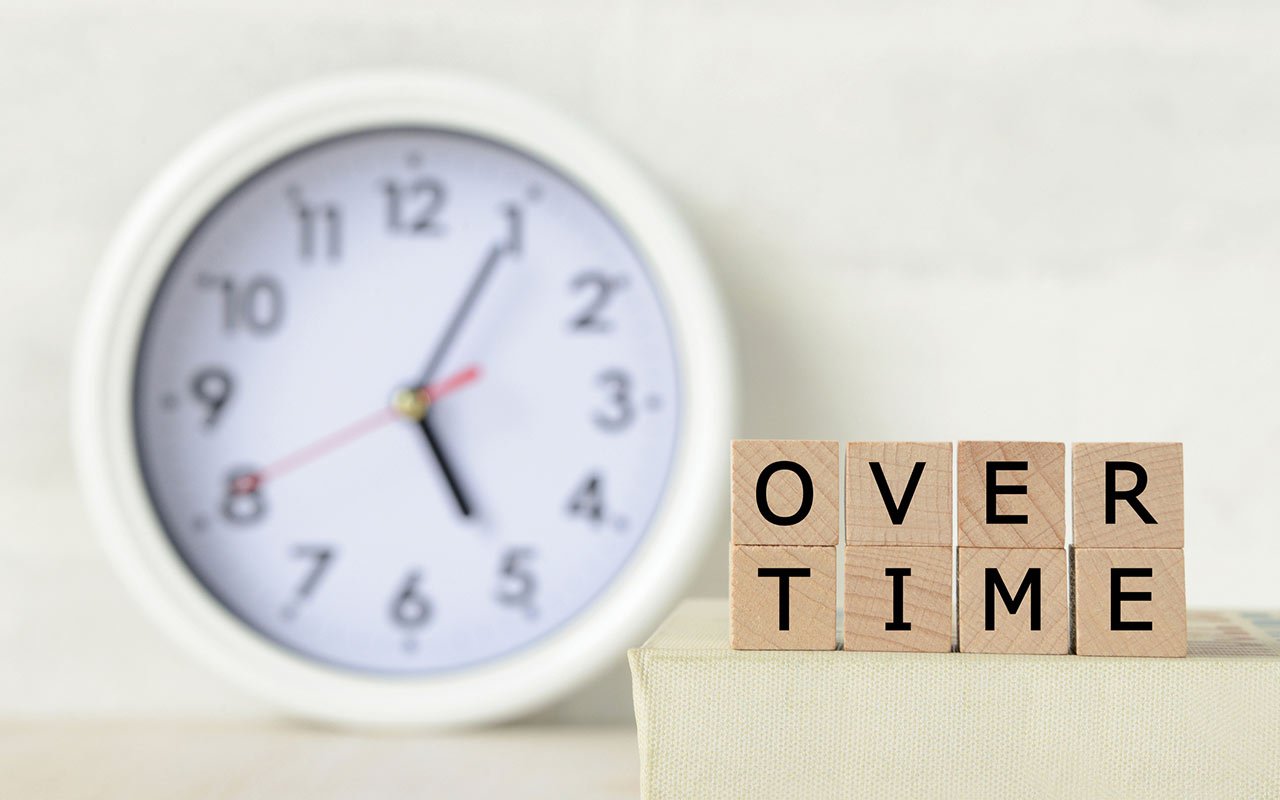
A new federal tax law passed this summer, and it includes a provision that could include tax savings for household employees—but only if you know the detail. The One Big Beautiful Bill Act (OBBBA) includes a “No Tax on Overtime” rule, and although it doesn't directly change household payroll practices, it does impact tax reporting and employee tax credits.
If you're a household employer (such as a nanny, senior caregiver, or housekeeper), here's what you need to know—without the legalese.
What Is the OBBBA and What Changed?
The One Big Beautiful Bill Act (OBBBA), signed into law in July, is a broad tax-and-spending bill. While most of its provisions target general tax policy, one key update affects household employers and employees:
Federal income tax will no longer apply to the overtime premium portion of certain qualifying overtime wages.
This is known as the "No Tax on Overtime" rule. It's important to note that this applies only to overtime required under the Fair Labor Standards Act (FLSA)—specifically, when a live-out household employee works more than 40 hours in a 7-day workweek.
This change is retroactive to January 1, 2025, and will remain in effect through 2028.
What Counts as “Qualified Overtime”?
To benefit from this deduction, the overtime must meet FLSA standards. For household employment, this means:
- The employee is not living in the employer’s home
- The employee works over 40 hours in a 7-day workweek
So, if your nanny works 45 hours in a week, that extra 5 hours qualifies as FLSA overtime—and the overtime premium (that extra 0.5x pay) is now federally tax-deductible for the employee.
What Doesn’t Count?
Many types of overtime do not qualify under this rule. These include:
- Overtime paid to live-in employees, even if required by state law (e.g., NJ, NY, MD, CA)
- Daily overtime required in some states (e.g., CA, NV, CO)
- Holiday pay premiums
- Guaranteed overtime hours that aren’t tied to actual hours worked
- Double time or other enhanced rates not required by FLSA
While employers may still owe this overtime under state laws or employment agreements, it does not qualify for the federal deduction under the OBBBA.
How This Impacts Household Employees
Household workers can now deduct the federal overtime premium from their federal income taxes—up to:
- $12,500 for individuals
- $25,000 for joint filers
The deduction will be claimed when filing personal tax returns (starting with tax year 2025). It does not affect state income tax, Social Security (FICA), or Medicare taxes.
Employees who expect to earn substantial qualified overtime can choose to adjust their withholdings now to compensate for a larger expected deduction. The IRS offers guidance here:
How to Update Withholding for Tax Law Changes (IRS.gov)
How This Impacts Household Employers
As a household employer, you won’t change how you pay or tax your employee’s wages—but you will need to provide documentation of qualified FLSA overtime earnings.
For 2025:
- You must furnish a written statement to your employee showing total FLSA overtime premiums paid during the year
- You must also report this amount to the IRS
Starting in 2026:
- This information will likely be included on a new box on the W-2 form, similar to other benefit reporting
If you’re working with a payroll service like HomeWork Solutions, this reporting can be handled for you automatically. We’ll be reaching out to clients to ensure employees receive the necessary documents for employer-reported FLSA overtime, so your filings remain fully compliant.
Quick Note: The “No Tax on Tips” Provision
The OBBBA also included a No Tax on Tips rule that removes federal income tax from tips received by employees—but this does not affect household employment.
Why? Because household employers don’t tip their employees, they pay out employee bonuses; only clients or customers of the employer can tip.
Final Thoughts
The OBBBA may offer a new tax benefit for household employees who work overtime—and a new reporting requirement for household employers. While this doesn’t change how you pay wages, it does mean more documentation will be needed, starting with 2025 earnings.
At HomeWork Solutions, we’re here to make this easy. We help household employers stay compliant, keep workers informed, and file the right paperwork—so you can focus on what matters most.
Questions About How The OBBBA Affects Your Household Payroll?
Schedule a complimentary consultation with a payroll and tax specialist, call us at 1-800-626-4829, or visit HomeWorkSolutions.com to learn how we make household payroll stress-free.
